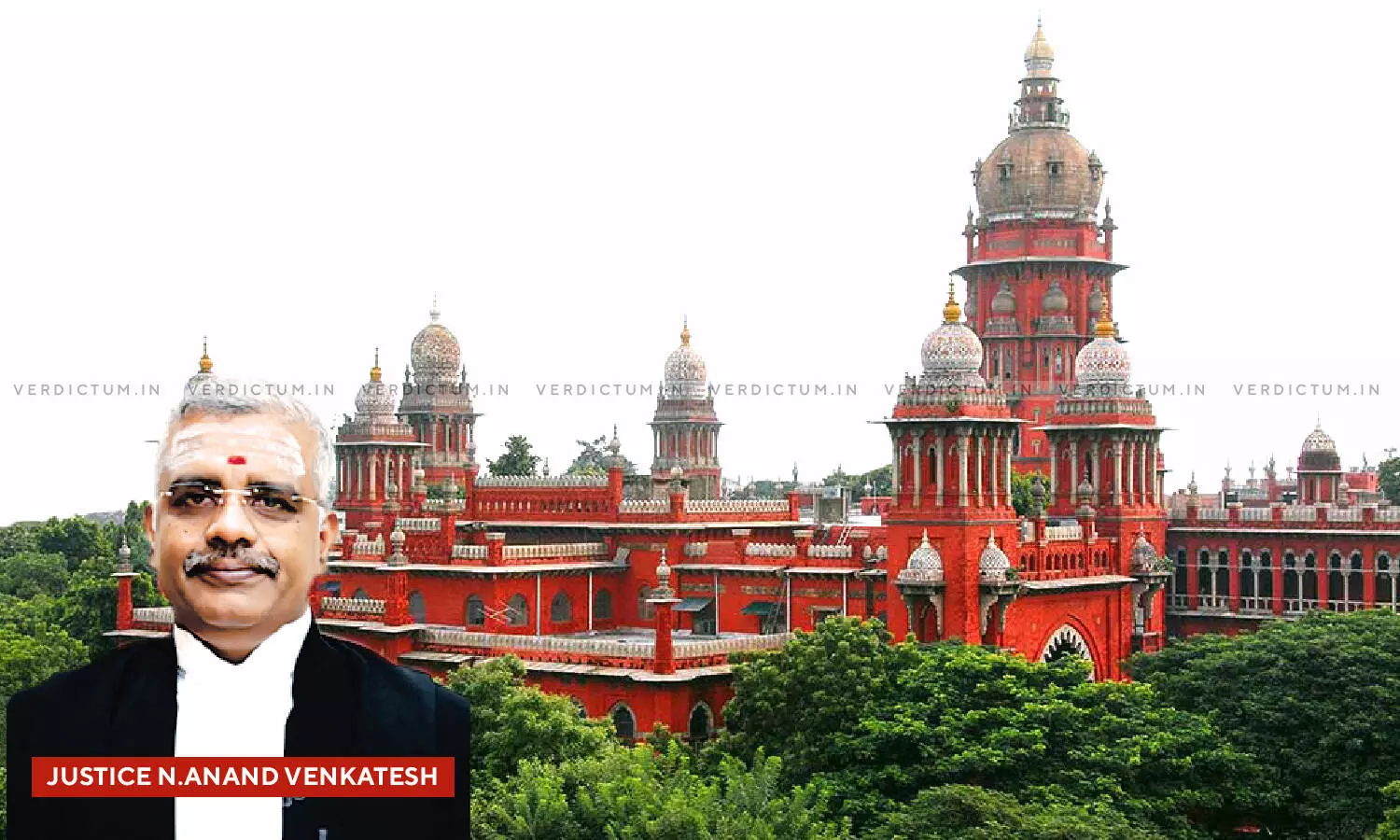
Punishing A Person Without Proper Identity Directly Impinges Upon Liberty Guaranteed Under Article 21: Madras HC In Robbery Case
 |
|The Madras High Court in a case relating to the robbery has held that punishing a person without a proper identity directly impinges upon the liberty guaranteed under Article 21 of the Constitution of India.
A Single Bench of Justice N. Anand Venkatesh noted, “The trial Court had proceeded further in this case merely on the basis of recovery and insofar as the identity of the accused persons is concerned, the trial Court has rendered its findings on mere surmises and assumptions. There is no question of identifying an accused person on assumptions and it involves a very important right guaranteed to any person under Article 21 of the Constitution of India and punishing a person even without proper identity, will directly impinge upon the liberty that is guaranteed under Article 21 of the Constitution of India. In a case of this nature, the Court should not be swayed by mere emotions and the Court must necessarily ensure that the accused persons are properly identified.”
The Bench said that if such a procedure is not followed, anybody can be made an accused person on mere recovery, and in all probabilities, the person, who is shown as an accused will have nothing to do with the case.
Advocates M. Karthik and G. Mohan appeared on behalf of the appellants while Government Advocate L. Baskaran appeared on behalf of the State.
In this case, a batch of appeals was preferred against the judgment of the Sessions Judge convicting the appellants under Section 397 of the IPC. The accused persons came to a place on a two-wheeler where a woman was sitting and then threw a chilli powder in her eyes.
Thereafter, the accused persons were alleged to have taken away the gold chain of the said woman weighing four pounds and escaped from the spot. An FIR was registered against the two accused persons and based on a confession given by them, it was considered that another accused was handed over the gold chain to the Primary Co-operative Societies Bank and received Rs. 50,000/- for the same, and all the accused were arrested.
The High Court after hearing the contentions of the counsel observed, “On many occasions, the police find it convenient to bring in some habitual criminal and show him as an accused in the case. Such line of investigation should never be encouraged and just because someone is a habitual criminal, that does not mean that he must be held responsible for every crime that takes place in the society.”
The Court further said that such an attitude of the police will cause a dent in the criminal justice system and will make the officers ineffective when they investigate serious crimes.
“It must be borne in mind that a mere recovery cannot lead to conviction and sentence of accused persons unless they have been properly identified by witnesses. In other words, recovery will only be one link in the chain of circumstances and that by itself will not lead to conviction and sentence”, held the Court.
Accordingly, the Court allowed the appeals, set aside the judgment of the Sessions Judge, and acquitted the appellants.
Cause Title- Vadivel & Anr v. State of Tamil Nadu (Neutral Citation: 2023:MHC:1596)